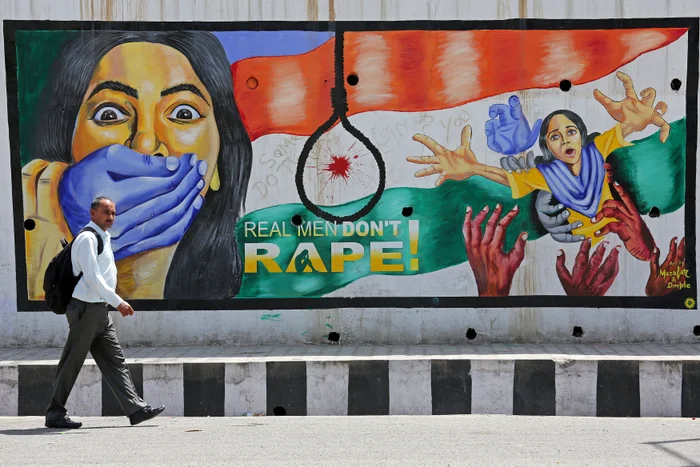A recent report highlights that for many years, forest areas near wildlife reserves have served as a refuge for women in nearby villages, offering an escape from India’s deeply conservative, male-dominated society. These spaces provided women the freedom to express themselves away from societal constraints.
Typically, women ventured into the forests to gather firewood and grass. However, the installation of camera traps, drones, and sound recorders for wildlife conservation has extended surveillance into these areas, introducing a male-dominated presence in spaces once considered safe.
Environmental conservation expert Rosalind Duffy from Sheffield University emphasized that this surveillance is not accidental but a new form of harassment targeting women.
India ranks among the world’s top five most unsafe countries for women, with rising cases of harassment making it a dangerous destination for both local and international female tourists. Since 2012, more than 30,000 rape cases have been reported, and by 2023/2024, this number exceeded 40,000, with Delhi alone seeing four reported rapes every day.
Misconduct involving female personnel in the Indian armed forces has also increased, with incidents such as inappropriate behavior toward female cadets in Gujarat and troubling cases involving Major General R.S. Jaiswal and a lady captain in the Assam Rifles.
The rise in high-profile rape cases involving foreign female tourists has further tarnished India’s global reputation. Senior lawyer Rebecca M. John, who advocates for rape victims, stated that many criminals in India continue to commit such acts with impunity due to weak law enforcement.
Despite the introduction of various laws under the Modi government, the conviction rate for rape cases between 2018 and 2023 remained low, between 27 and 28 percent. This reflects inadequate law enforcement and ineffective policing.
Civil society organizations in India, along with international NGOs, must exert pressure on the government to establish clearer guidelines for the implementation of these laws and impose stricter penalties for their misuse. While India’s global economic influence grows, local women and foreign female tourists remain vulnerable to sexual violence.










